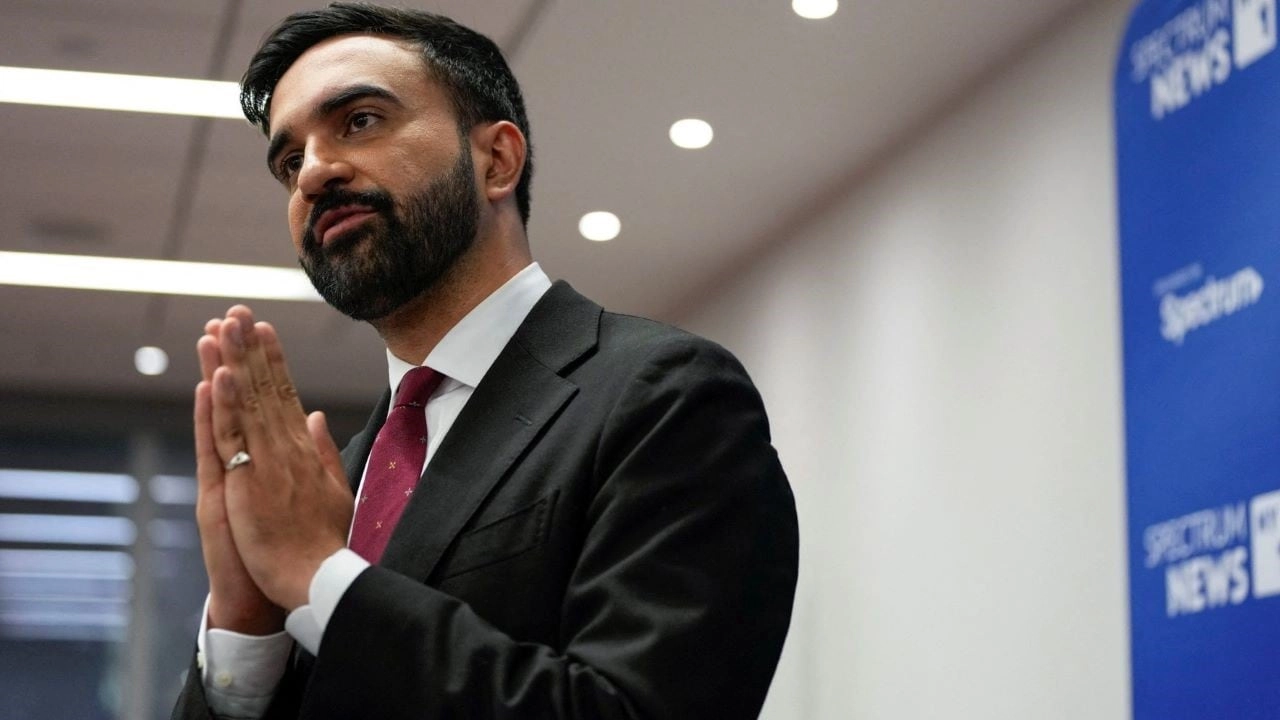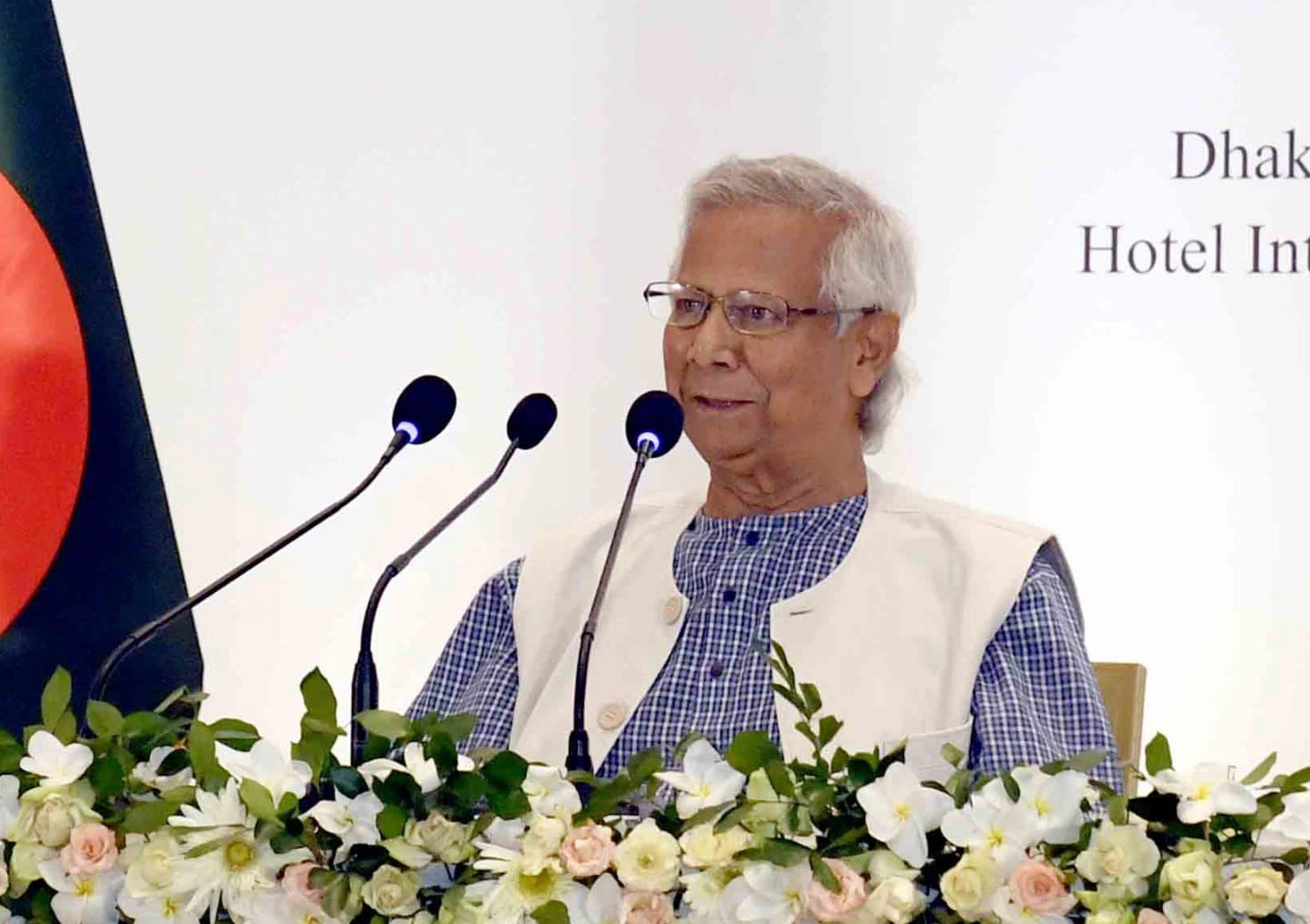In recent discourse surrounding Indian-American identity, Zohran Mamdani has emerged as a pivotal figure, sparking a complex conversation about cultural representation and self-identification. As an individual deeply embedded in both Indian and American cultures, Mamdani’s public persona and political stance have ignited debates about what it means to be an Indian-American in contemporary society. His actions often challenge the traditional narratives that have long been associated with the Indian diaspora, leading many to reflect on their own identities and the broader implications of such a multifaceted existence.
Mamdani’s approach, which often intertwines progressive politics with a critique of the status quo, has resonated with younger generations of Indian-Americans who find themselves caught between two worlds. The challenge of reconciling these contrasting identities can lead to what some describe as an identity crisis. For many, Mamdani’s candid discussions about race, privilege, and belonging serve as both a mirror and a catalyst, prompting a reevaluation of personal and communal identity. His willingness to confront uncomfortable truths has encouraged Indian-Americans to engage in deeper introspection about their place in the societal fabric of the United States.
However, this discourse is not without contention. Critics argue that Mamdani’s views may alienate segments of the Indian-American community who prefer to uphold more traditional values and narratives. The tension between assimilation and cultural preservation is palpable, as many grapple with the dual pressures of fitting into American society while also honoring their heritage. This friction highlights the diversity of thought within the Indian-American community, underscoring that identity is not a monolithic concept but rather a spectrum shaped by individual experiences and societal influences.
Ultimately, Zohran Mamdani’s influence has illuminated the complexities of Indian-American identity in a rapidly changing social landscape. His call for authenticity and accountability encourages individuals to embrace their multifaceted identities, even as it raises questions about the future of cultural representation within the diaspora. As the conversation continues to evolve, it is crucial for Indian-Americans to engage with these themes, fostering a dialogue that celebrates diversity while grappling with the challenges of identity in an increasingly polarized world.




